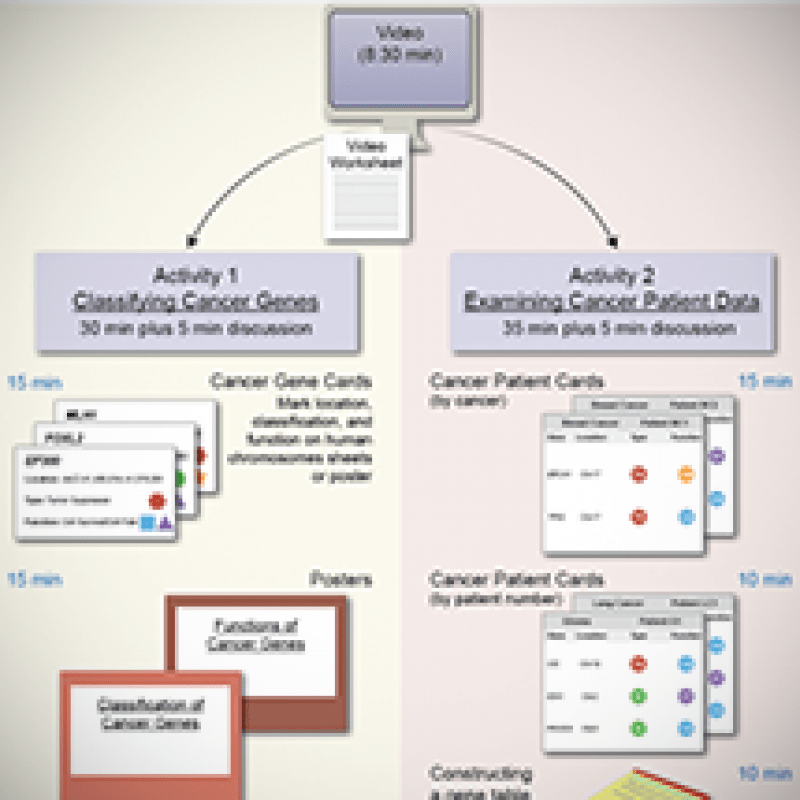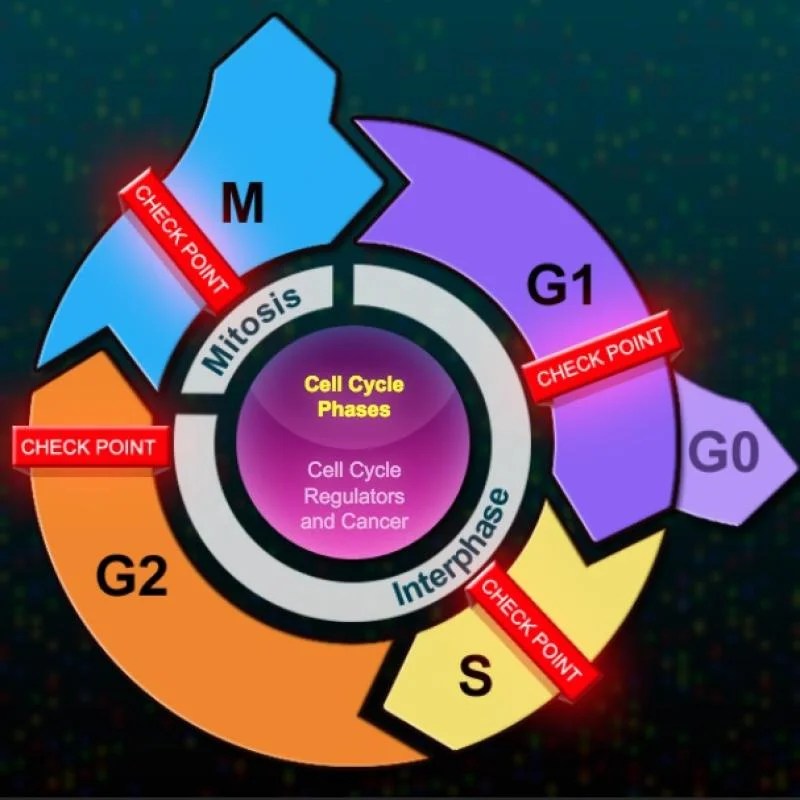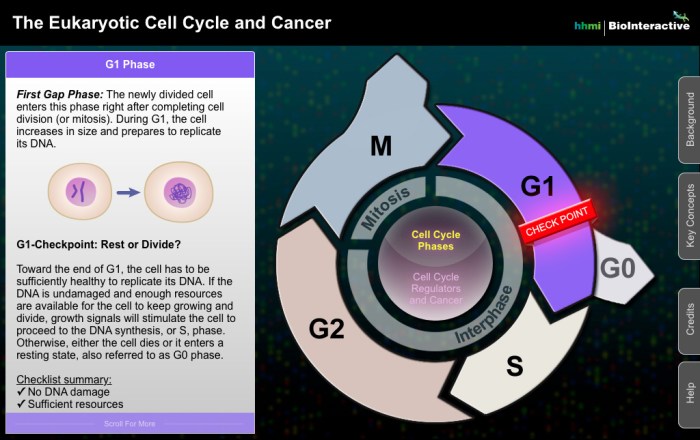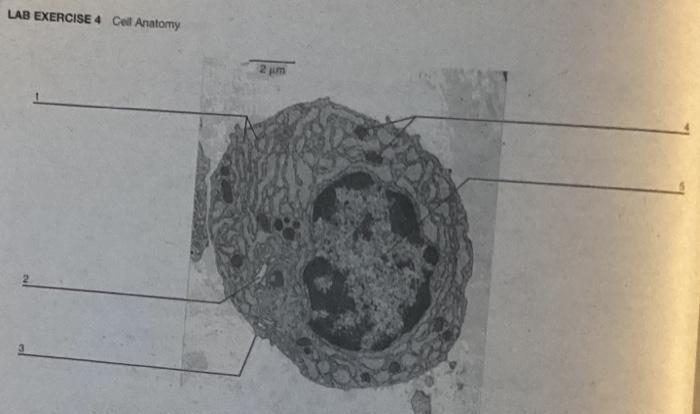The eukaryotic cell cycle and cancer biointeractive answers unravel the intricate dance of cellular life and its implications in the realm of oncology. This comprehensive exploration delves into the mechanisms governing cell division, uncovering the dysregulations that lead to cancer and the therapeutic strategies that target these disruptions.
As we journey through the stages of the eukaryotic cell cycle, we witness the precise choreography of DNA replication, chromosome segregation, and cell division. Checkpoints along this path ensure fidelity and prevent errors that could compromise cellular integrity. However, when these checkpoints fail, uncontrolled cell proliferation ensues, giving rise to the devastating disease known as cancer.
The Eukaryotic Cell Cycle: The Eukaryotic Cell Cycle And Cancer Biointeractive Answers

The eukaryotic cell cycle is a continuous process that involves a series of events leading to cell growth and division. It is divided into four distinct stages: G1, S, G2, and M phase.
The G1 phase is the first growth phase, where the cell increases in size and synthesizes proteins and organelles. The S phase is the DNA synthesis phase, where the cell’s DNA is replicated. The G2 phase is the second growth phase, where the cell checks for DNA damage and prepares for mitosis.
The M phase is the mitosis phase, where the cell divides into two daughter cells.
Checkpoints
The cell cycle is regulated by checkpoints that ensure that each stage is completed before the next one begins. The G1 checkpoint ensures that the cell is ready to enter the S phase, the S checkpoint ensures that the DNA has been replicated correctly, and the G2 checkpoint ensures that the cell is ready to enter mitosis.
Cancer Biointeractive

Cancer is a disease characterized by the uncontrolled growth and division of cells. This uncontrolled growth is often caused by dysregulation of the cell cycle.
Types of Cancer Caused by Cell Cycle Dysregulation
- Breast cancer:Dysregulation of the G1 checkpoint can lead to uncontrolled cell growth and division, resulting in breast cancer.
- Lung cancer:Dysregulation of the G2 checkpoint can lead to uncontrolled cell growth and division, resulting in lung cancer.
- Colorectal cancer:Dysregulation of the M checkpoint can lead to uncontrolled cell growth and division, resulting in colorectal cancer.
Treatments for Cancer that Target the Cell Cycle, The eukaryotic cell cycle and cancer biointeractive answers
- Chemotherapy:Chemotherapy drugs target rapidly dividing cancer cells, which are more susceptible to DNA damage.
- Radiation therapy:Radiation therapy uses high-energy radiation to damage DNA in cancer cells, leading to cell death.
- Targeted therapy:Targeted therapy drugs block specific proteins that are involved in the cell cycle, preventing cancer cells from dividing.
Questions and Answers
What are the key stages of the eukaryotic cell cycle?
The eukaryotic cell cycle consists of four main stages: G1 (gap 1), S (synthesis), G2 (gap 2), and M (mitosis).
How does the cell cycle contribute to cancer development?
Dysregulation of the cell cycle, such as uncontrolled cell proliferation or failure of checkpoints, can lead to the formation of tumors and the development of cancer.
What are some current treatments for cancer that target the cell cycle?
Examples includeCDK4/6 inhibitors, which block cell cycle progression in G1, and microtubule-targeting agents, which disrupt mitosis.

